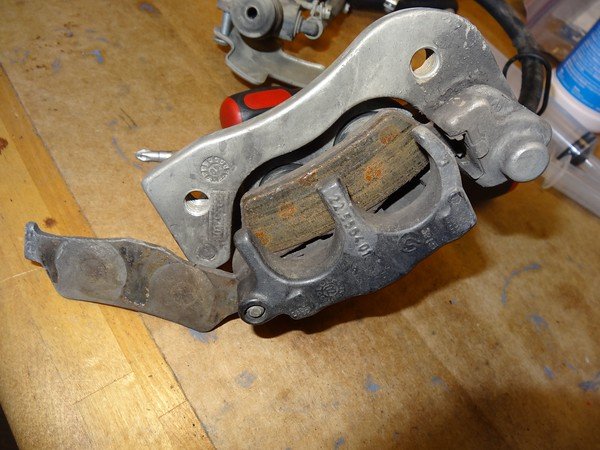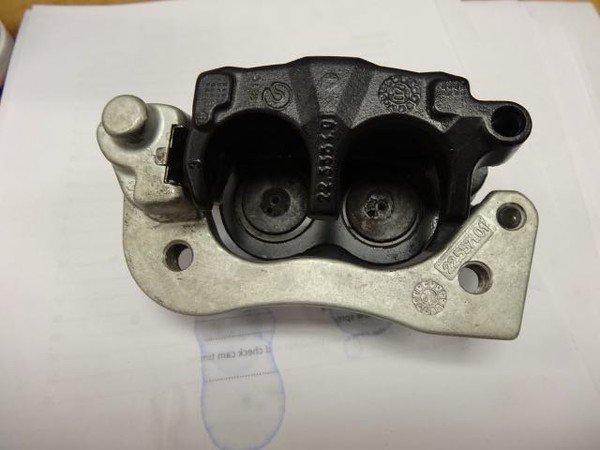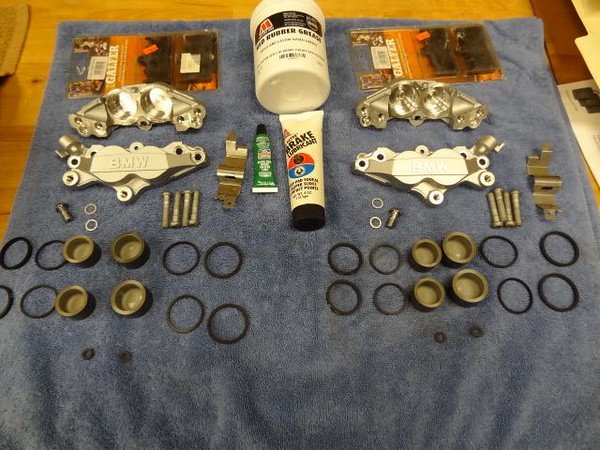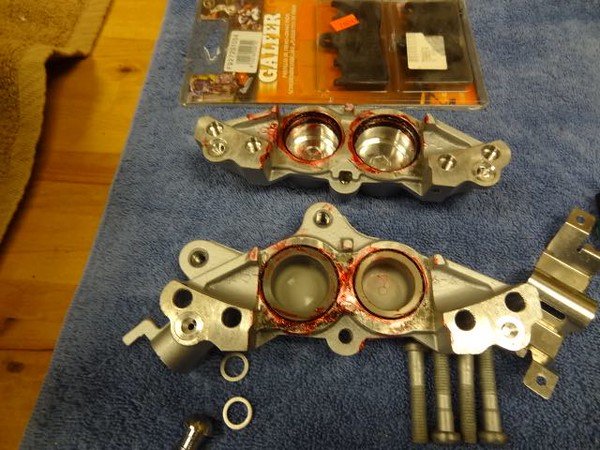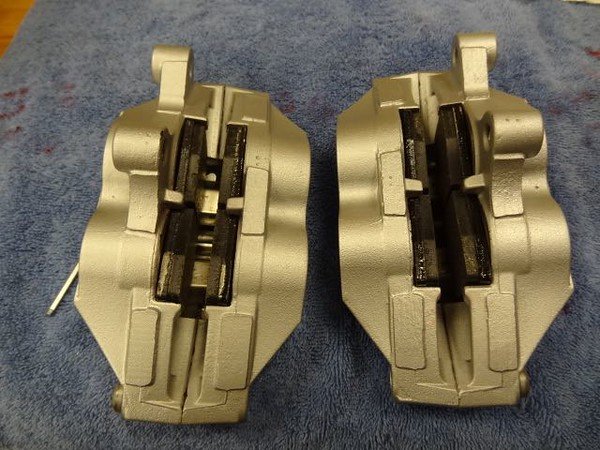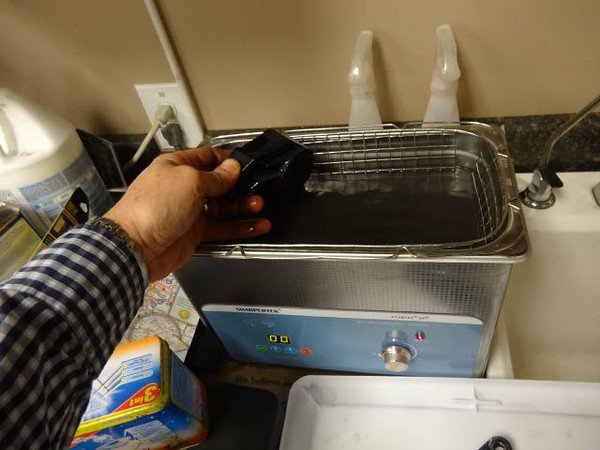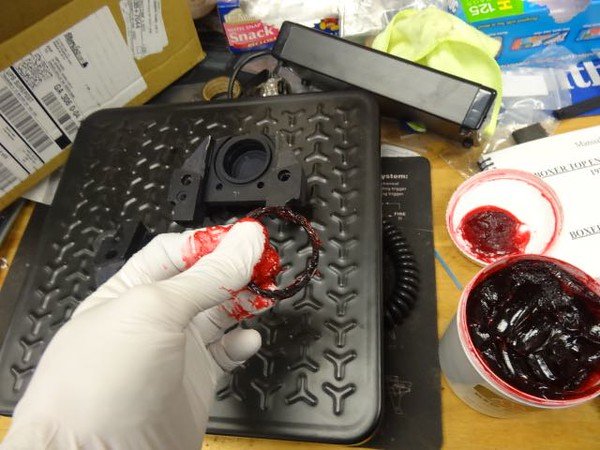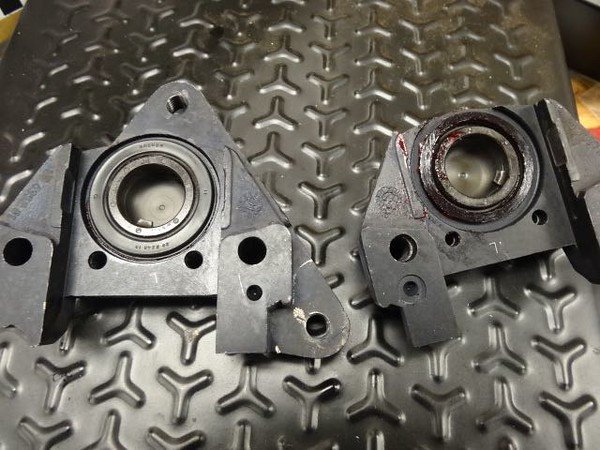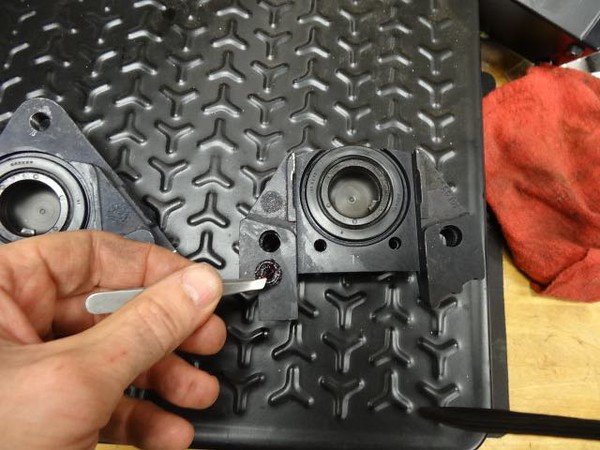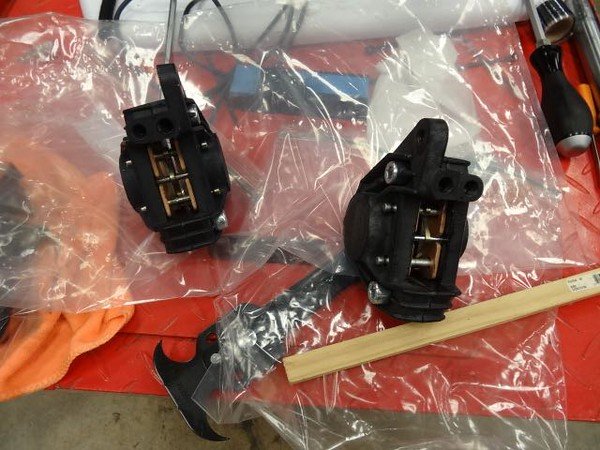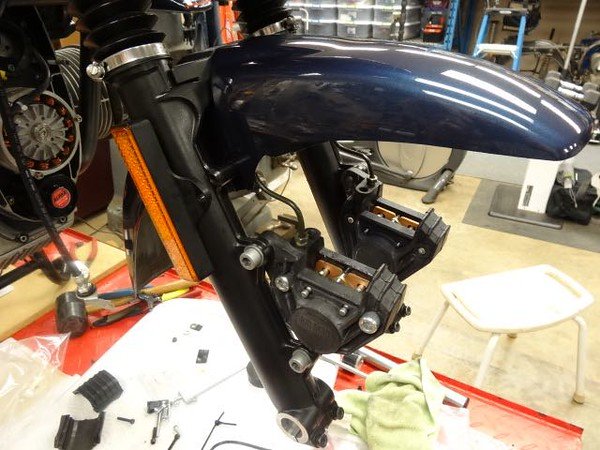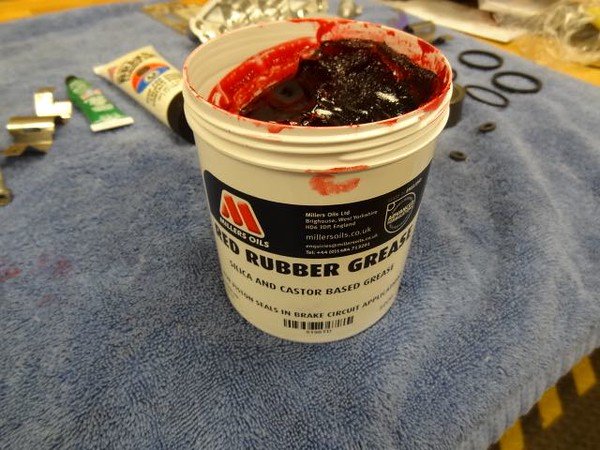Anyname
Active member
I have a 85 R80 with dual Brembo brakes. I have no idea if the seals etc. are original or not. At this point they work well and don't leak. Is there any value in doing a rebuild as preventative maintenance? I read a couple of the British classic bike mags and is seems like whenever they pull old hydraulic brakes apart they are pretty ugly inside. Waddya all think?
I'm in the same situation with the carbs. Everything works fine, but I've always assumed that things generally do until they suddenly crap out? Any wisdom on this?
I'm in the same situation with the carbs. Everything works fine, but I've always assumed that things generally do until they suddenly crap out? Any wisdom on this?


